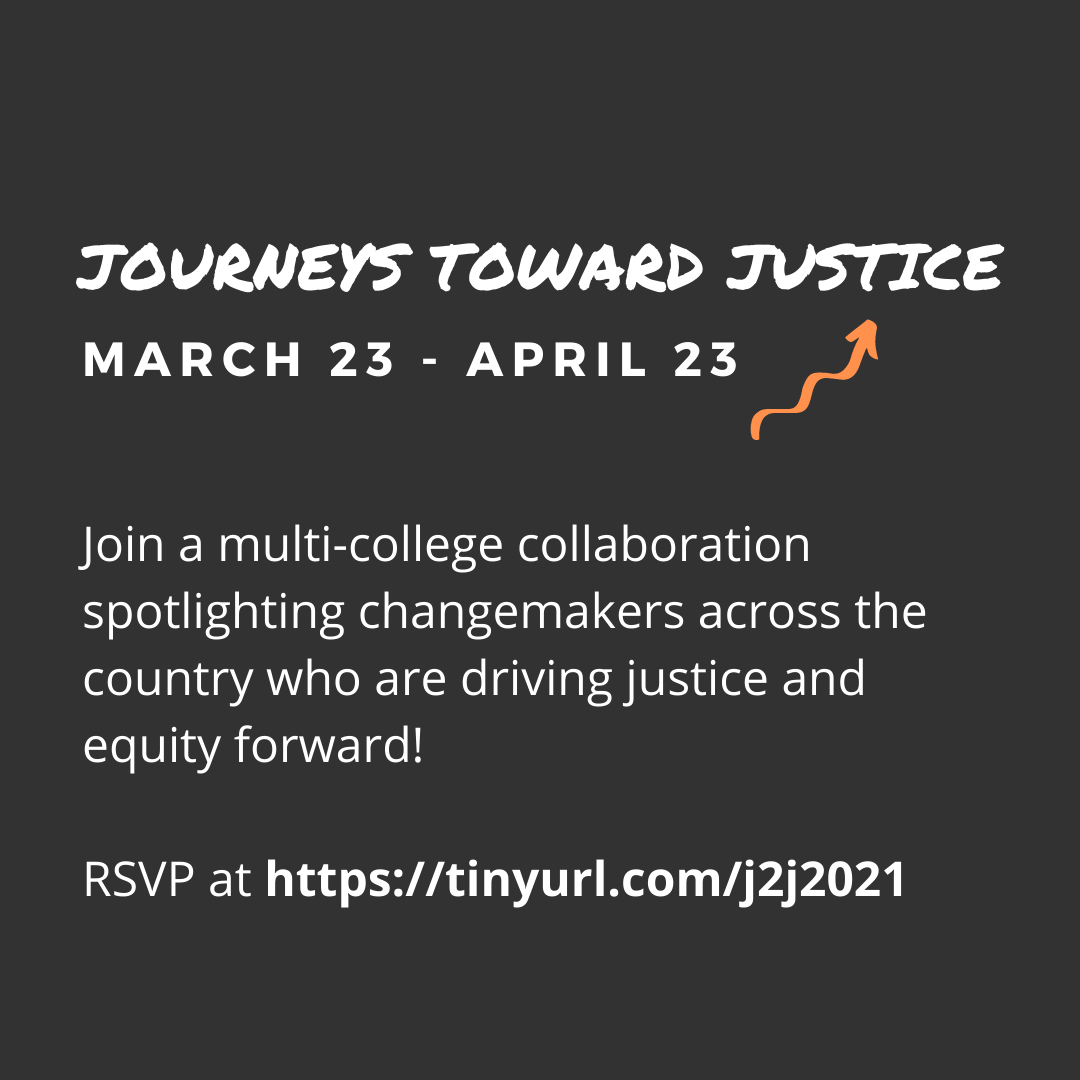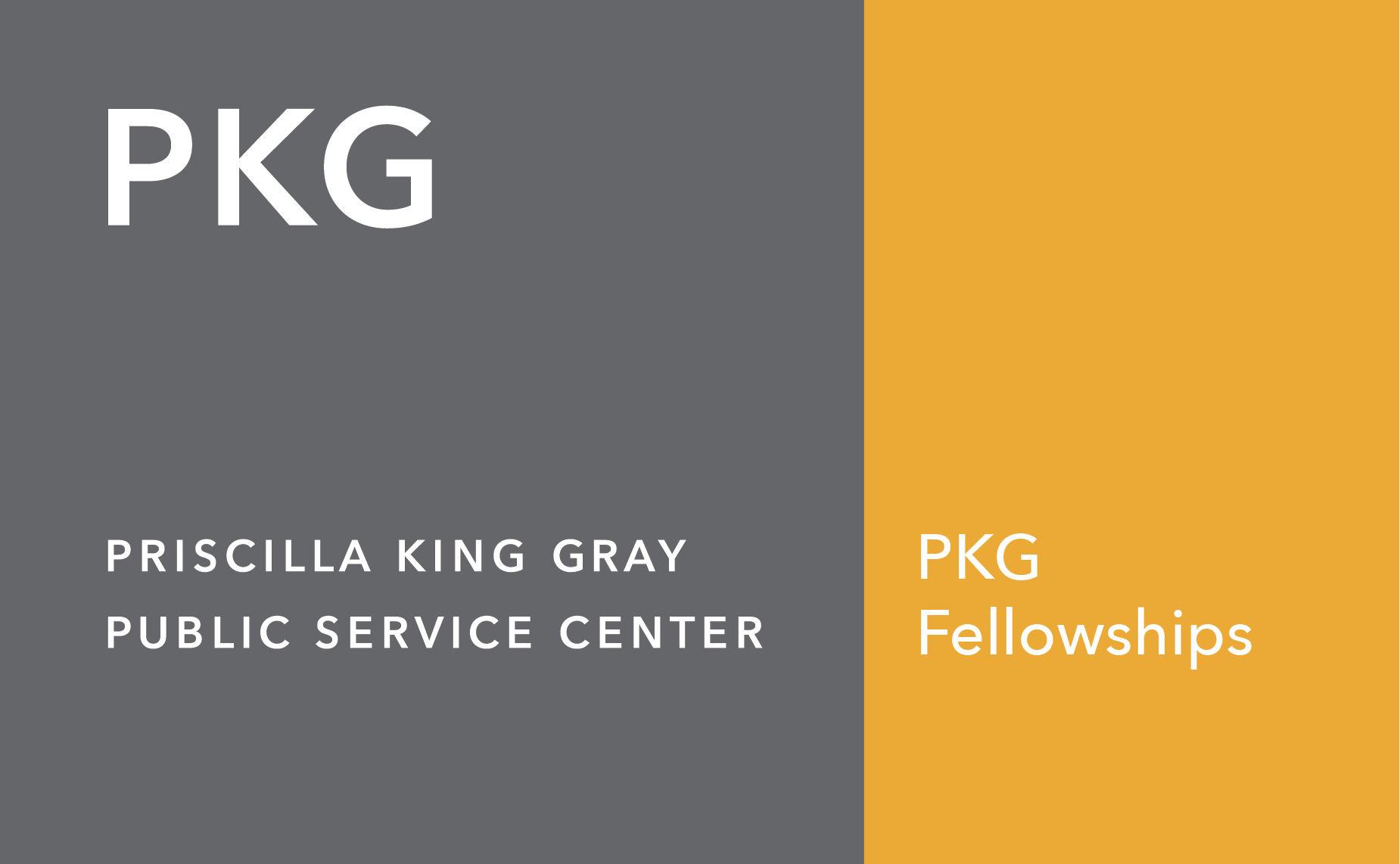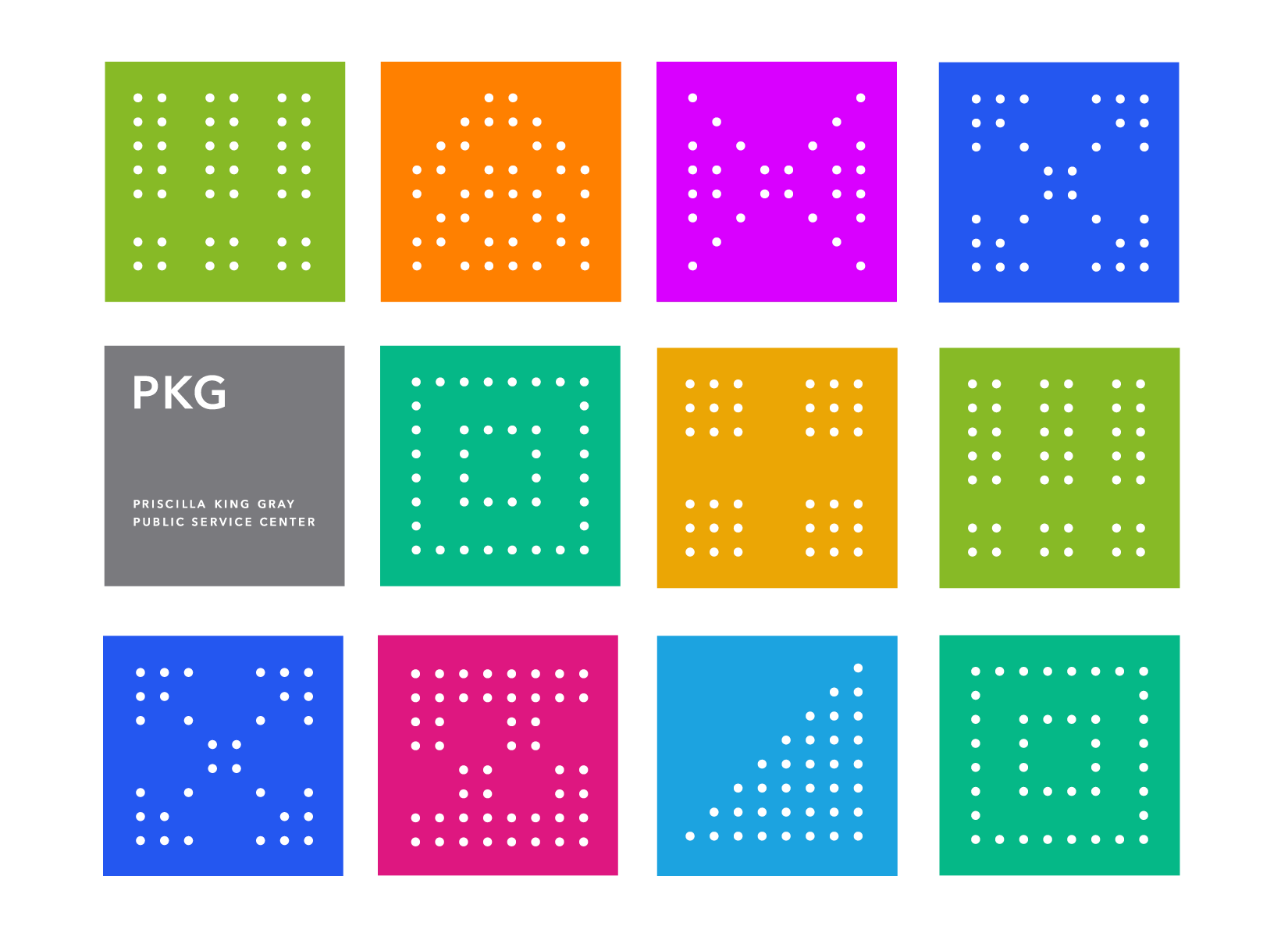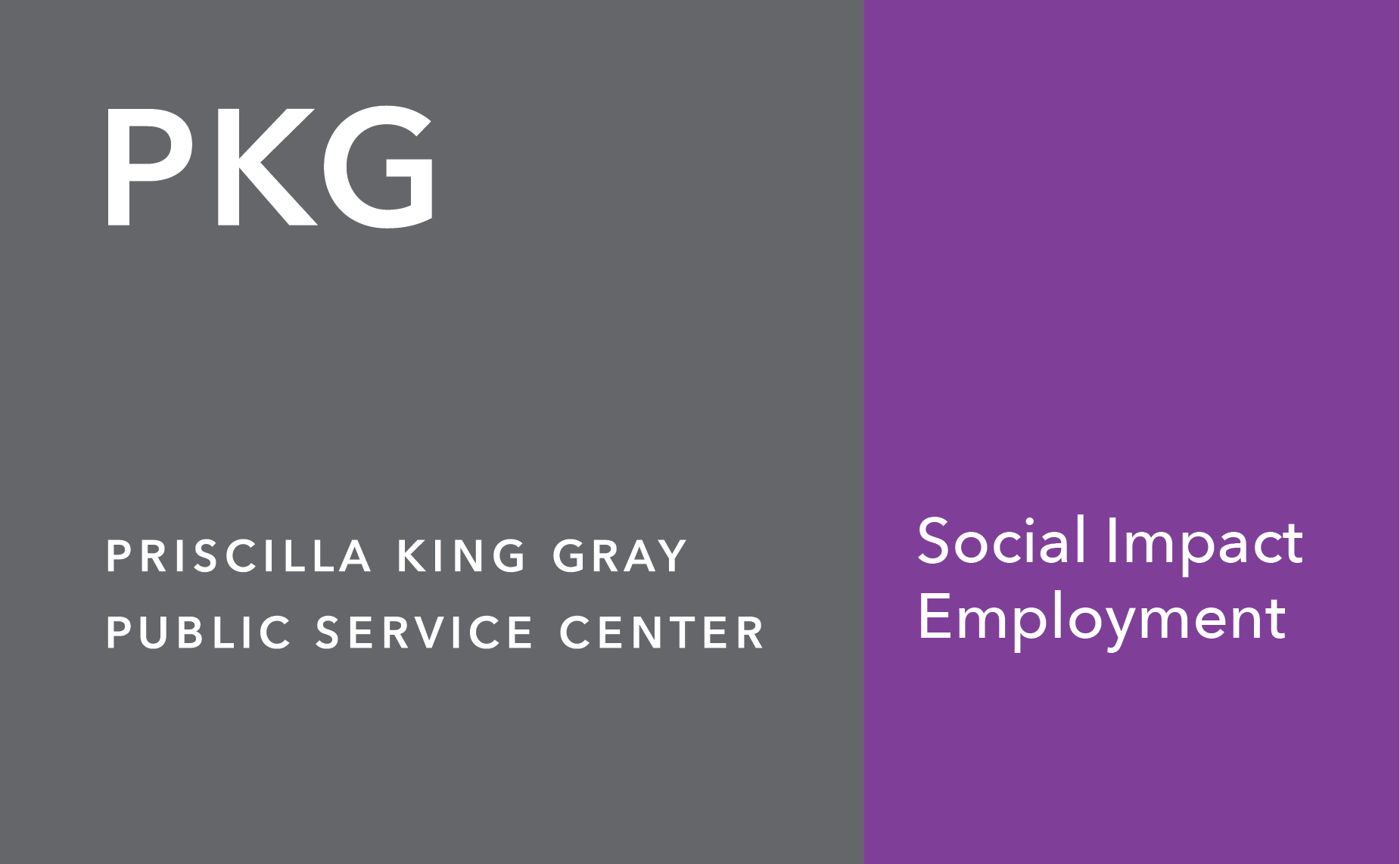Beyond the Dream (University of San Francisco)
1 p.m. PT | 4 p.m. EST | RSVP Here
In this session, we will explore how activists of the past and conscientious rappers of today used their words to encourage action. Dr. King talked about his dream, Langston Hughes wrote about a dream deferred. What does that mean today? How do the lyrics of Chance the Rapper and Kendrick Lamar unite, encourage or motivate? Participants will consider how poetry and music can bring us together in conversations and help develop an action plan to address challenges in community.
Hosted by the University of San Francisco’s McCarthy Center for Public Service and the Common Good
History Revoiced: Opening the Classroom to Stories that Change Our World (UC-Berkeley)
3 p.m. PT | 6 p.m. EST | RSVP Here
The genocide that happened to Native peoples in California has been conclusively documented. But we have barely begun to confront its cultural, historical, and emotional impact.The University of California, Berkeley, sits on indigenous land and still holds over 10,000 unrepatriated ancestors. In the wake of this unacknowledged genocide in which higher education has been complicit, how can university classrooms and students grapple with this legacy? Can classrooms truly partner with native communities and educators to imagine new institutional spaces and ways of learning? This multi-year partnership between a Berkeley class and Tribal leaders from the Eastern Sierra’s Payahuunadü (renamed the Owens Valley) asks these questions.
Hosted by the University of California, Berkeley’s Public Service Center
DUSP-PKG Fellowships Application Deadline
Applications are due by noon on April 15th.
If you are a DUSP student in the process of lining up a summer internship or looking for funding to support efforts on a project, consider applying to the DUSP-PKG Fellowship program. Click here for more information!
Public Art as a Form of Activism (Tulane)
5 p.m. CST | 6p.m. EST | RSVP Here
Brandan “BMike” Odums is a New Orleans-based visual artist who, through exhibitions, public programs, and public art works, is engaged in a transnational dialogue about the intersection of art and resistance. From film to murals to installations, Odums’ work encapsulates the political fervor of a generation of Black American activists who came of age amidst the tenure of the nation’s first Black president, the resurgence of popular interest in law enforcement violence, and the emergence of the self-care movement. Most often working with spray paint, Odums paints brightly-colored, wall-sized murals that depict historical figures, contemporary creatives, and everyday people. In his otherwise figurative work, Odums departs from realism to play with color – blending lavender to paint the skin of Dr. Martin Luther King Jr. and Coretta Scott King and robin’s egg blue for Harriet Tubman, for instance – suggesting an ethos of boldness that unites the subjects of his work and surpasses race, time, or any other aspect of physical reality. Join us for conversation with BMike and Fredrick “Wood” Delahoussaye, the Artistic Director at the Ashé Cultural Arts Center of New Orleans, as we explore the use of Public Art in all spaces.
Hosted by Tulane University’s Center for Public Service
Summer 2021 Social Impact Internships Drop-In Info Session
12:00 – 1:00 PM
Click here to register if you’re interested in doing a Social Impact Internship this summer!
The Real Montgomery Bus Boycott (Brown)
3 p.m. PT | 6 p.m. EST | RSVP Here
Marco McWilliams is an educator and public scholar of African-American history and is currently a program coordinator at Brown University’s Swearer Center for Public Service. McWilliams is a Mississippi-born activist, educator, and is the founding organizer and former deputy director of the Providence Africana Reading Collective (PARC). He is also a founding director of the Black Studies program at DARE, and an organizer with Behind the Walls, DARE’s prison abolition committee. McWilliams is the founder of the Providence Black Studies Freedom School, a free political education project focused on providing theoretically grounded and engaged historical instruction for members of Providence’s diverse communities. The Real Montgomery Bus Boycott will examine how working-class Black women organized to break the chains of southern segregation and advanced the struggle for Black liberation.
Hosted by Brown University’s Swearer Center for Public Service
Mapping Social Justice Movements in Durham (Duke)
3 p.m. PT | 6 p.m. EST | RSVP Here
This virtual tour is about what protests and social justice activism have looked like in Durham, NC. This tour will reflect on how power structures related to race, gender, sexual orientation, socio-economic status, class, and ability have oppressed groups in the past and present. Together, we’ll get a chance to examine what effective activists have done, such as using their political power, providing financial resources, or raising awareness, to aid the activism efforts against structural discrimination. Everyone will be invited to reflect on their personal experience with activism and how we might deconstruct these harmful power structures.
Hosted by Duke Civic Engagement
Summer 2021 Social Impact Internships Drop-In Info Session
4:00 – 5:00 PM
Click here to register for this info session if you are interested in doing a Social Impact Internship this summer!
Confronting the Past: Stanford University and Its Fraught History with the Ohlone and Chinese (Stanford)
3 p.m. PT | 6 p.m. EST | RSVP Here
The Stanford University campus, comprising over 8,100 acres, was once home to an estimated 10,000 Muwekma-Ohlone Indians living in small communities throughout the Bay Area. Understanding of the history of Stanford University, and the land upon which it sits, is deeply contested and has far-reaching implications for how we see the institution today. As an institution that stands for humanistic values, it must contend with troubling elements in its past that profoundly challenge those values and hinder the development of the University as fully inclusive and welcoming. Our talks will present new insights into the lands of Stanford, the Stanford family and early University, and the institution’s relationship with Native peoples, Chinese, and other communities that were long excluded from the traditional narrative of the rise of the University.
Hosted by Stanford University’s Haas Center for Public Service




